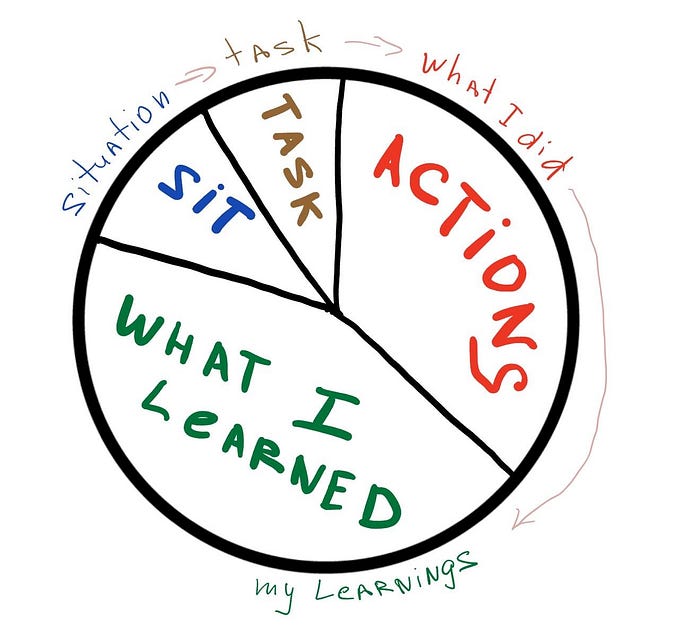Exit interview: what is it, and why should it stay in every company for good?

Why do good employees leave the company? How long did they prepare to submit their resignation? Can anything change their decision? All these questions can be answered by conducting an exit interview. See what the baseline interview is all about and what it should look like to get the results you want.
Exit interview — what is it?
An exit interview is a process that conducts with an outgoing employee — the employee’s initial conversation led by a member of the HR department or the immediate superior. The chief boss appears as one of the parties only in certain situations — for example, when the employed person worked directly with the company’s director or employs few employees.
How to conduct an exit interview?
Regardless of the form g the initial interview (interview or survey), company owners, most often in cooperation with the HR department, should prepare a list of questions for the employee in advance. They should be formulated in such a way that it is possible to obtain information about:
- reasons for leaving,
- satisfaction with earnings,
- communication within individual departments and between different groups,
- conflicts in the company.
It is also worth remembering that the exit interview’s purpose is not to intimidate the employee, let alone discourage him from taking up a job in another company. So it’s not worth asking for a new job. Better to raise the question of the type of position to which the employee transferred.
If an employee decides to take an exit interview in a questionnaire, he should not treat it as a little questionnaire. Before sending the survey to the employee, it is a good idea to meet with him (or a person from the human resources department) and explain to him the purpose.
What to ask during an “exit call”?
The most common form of the exit interview is a face-to-face conversation — but it does not mean that we cannot start it by going through a previously prepared questionnaire. It may include questions about the reasons for resignation, relations with the supervisor, communication in the company, development, earnings, benefits, etc. The most important thing is that the questionnaire tailor to our needs and the conversation context.

If you are just considering implementing an exit interview to your company, you can use ready-made forms or inspire by Brainy HR questions:
- Why Are You Leaving Your Current Position?
- When did you start considering moving on?
- Was there something we could have done differently that would have kept you here?
- What Was Your Relationship With Your Manager Like?
- If you could change anything about the organization, what would you choose?
- What Was the Biggest Factor That Led You to Accept This New Job?
- How would you describe the culture of our company?
- What suggestions do you have for the company? How could we improve?
- Is there anything that would have changed your mind about leaving?
- Is there anything else you’d like us to know about your time here?
- Are you happy to tell us which organization you would be joining (If you have already decided)?
Download document with exit interview questions here.
During the interview, the most important thing is that the HR manager is an impartial listener who allows expressing himself freely. The employee should feel that exit interview time is entirely his work. Why not the last day? Because the departing employee should authorize the interview, it can only present to decision-makers in the company.
Exit interview — the most important benefits
Although an employee’s departure is associated with an inevitable loss for the company, resignations are usually embedded in its structure. The most effective tool for drawing these conclusions is the exit interview, which allows you to:
- find out the actual reasons for leaving the company — you can determine which positions employees resign most often;
- learn about communication between employees — and then improve communication paths;
- encourage the employee to stay in the company — but only if the employer can guarantee better employment conditions (promotion, raise, a new form of contract);
- take care of good PR of the company — employees treated professionally by directors and managers have a better opinion about the company and the employer, even if the internal policy did not suit them before.










